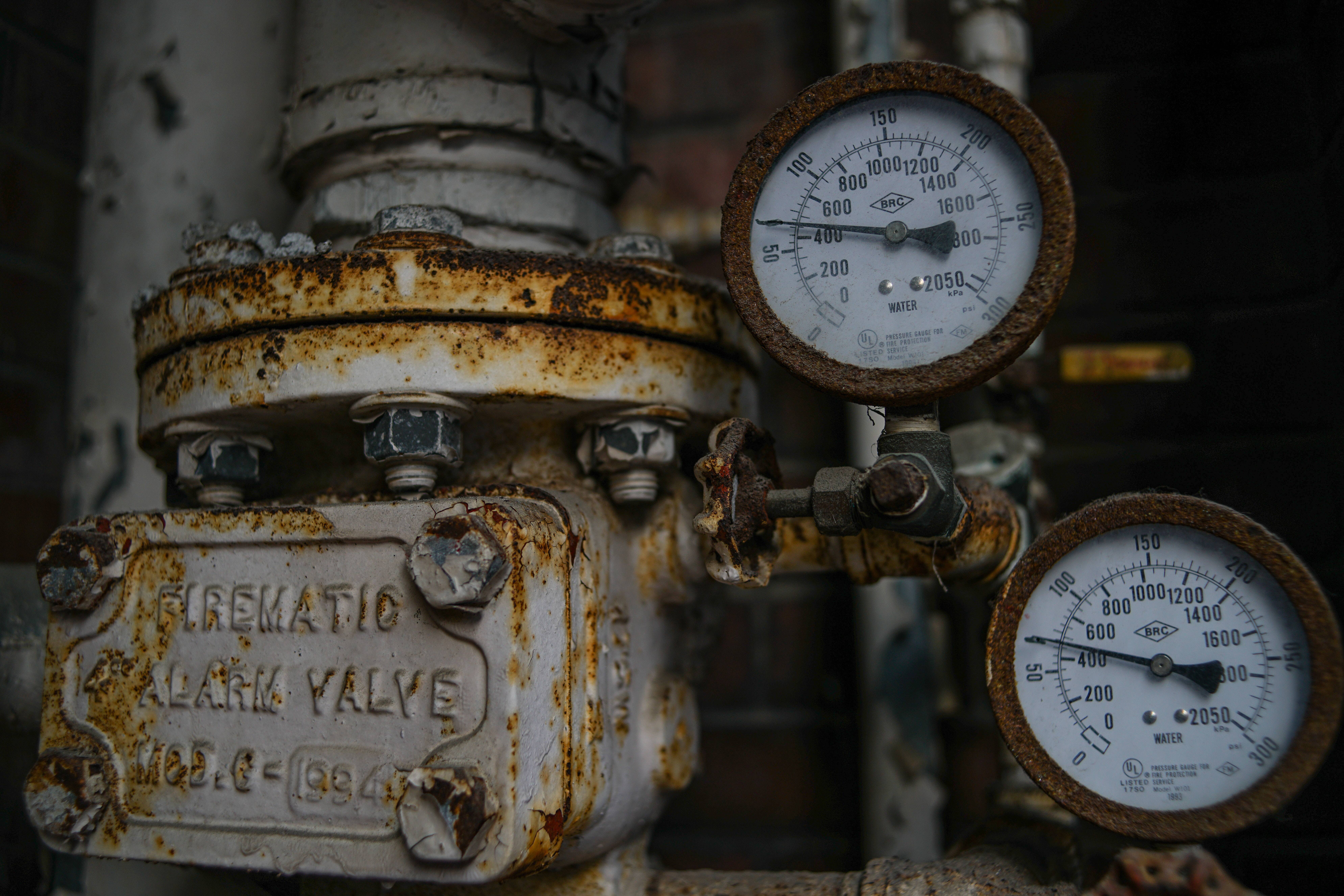Boilers are a vital part of any indoor space, but many are left in the dark when it comes to maintaining them. One of the most important aspects of this piece of equipment is boiler pressure, which ensures that heated water is efficiently pumped throughout your property, keeping it warm throughout the winter. If there are any issues with your boiler’s pressure, this may lead to various problems with your heating system.
What Is Boiler Pressure?
Boiler pressure is the measure of how forceful the water in the heating system circulates. It must be balanced enough for your boiler to operate at maximum efficiency. If it’s too low, then the water in your system may not flow with enough force to provide heat to your property. However, if it’s too high, the system may fail or experience leaks.
How Can I Check the Boiler Pressure?
You can view the pressure by checking the gauge, which is typically a round dial or LCD screen in front of the boiler or underneath the panel in newer models. In older ones, it may be located among the pipework. It’s best to check the instruction manual if you’re unsure where to find it.
The gauge will display pressure measured in bars. It normally should be between 1 and 2 bars but can rise to 2.5 bars with the heating turned on. If the pressure is below 1, it’s too low; if it’s over 2.75, it’s too high. However, some systems may have different normal values—the manual may help you determine the optimal levels for your system.
Fixing Low Boiler Pressure
If the boiler pressure is too low, it may stop working. You may have to reset the system. You can look for the reset button somewhere on the boiler. Doing so is similar to rebooting a computer—it should rectify the problem in most cases.
If resetting doesn’t work, you may have to re-pressurise the system by adding more water to it through its filling loop. You’ll have to turn off the boiler and let it cool down before doing so. There typically will be instructions near the control panel or within the manual. In the event that your water pressure keeps dropping, you may have a leak or bleeding radiators. It’s best to consult an engineer to determine the cause of dropping pressure.
Fixing High Boiler Pressure
If the boiler pressure is too high, your system will have measures in place to prevent anything dangerous from happening. It will shut down on its own if it reaches critical levels. However, parts of your heating system may sustain damage if the pressure remains high over long periods. If this happens, the prolonged pressure can cause the pipes to crack and cause water leaks. Bleeding the radiators may help to equalize the pressure. If you still encounter problems, you may have problems with the relief valves. It’s also best to call the professionals to rectify this.
Rent Boilers from the Specialists
Boilers are essential for any building, and maintaining it requires you to regularly monitor its pressure. It operates best at certain pressure levels—if it becomes too high or too low, it might malfunction or compromise the system. This will affect the heating in your space. It’s best to contact professionals if there are any problems with your boiler pressure.If you’re looking for boiler hire services in London, London Climate Hire is the place to call. We offer quality boiler and heater rental services, available 24/7. Let us help you—contact us today!

